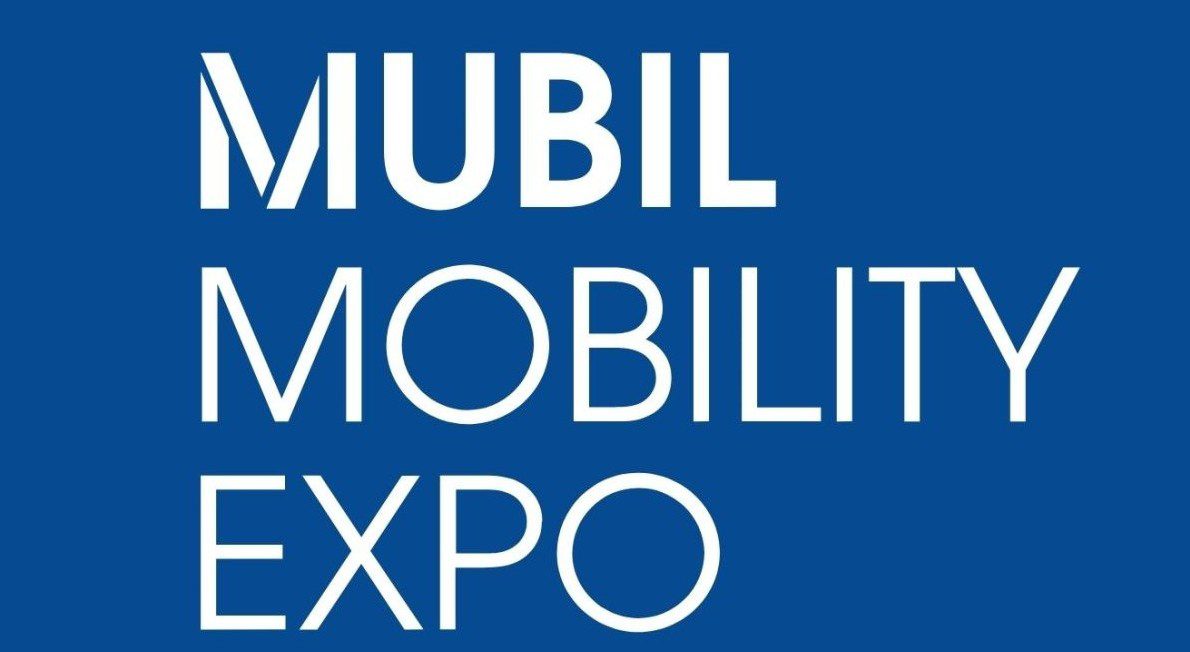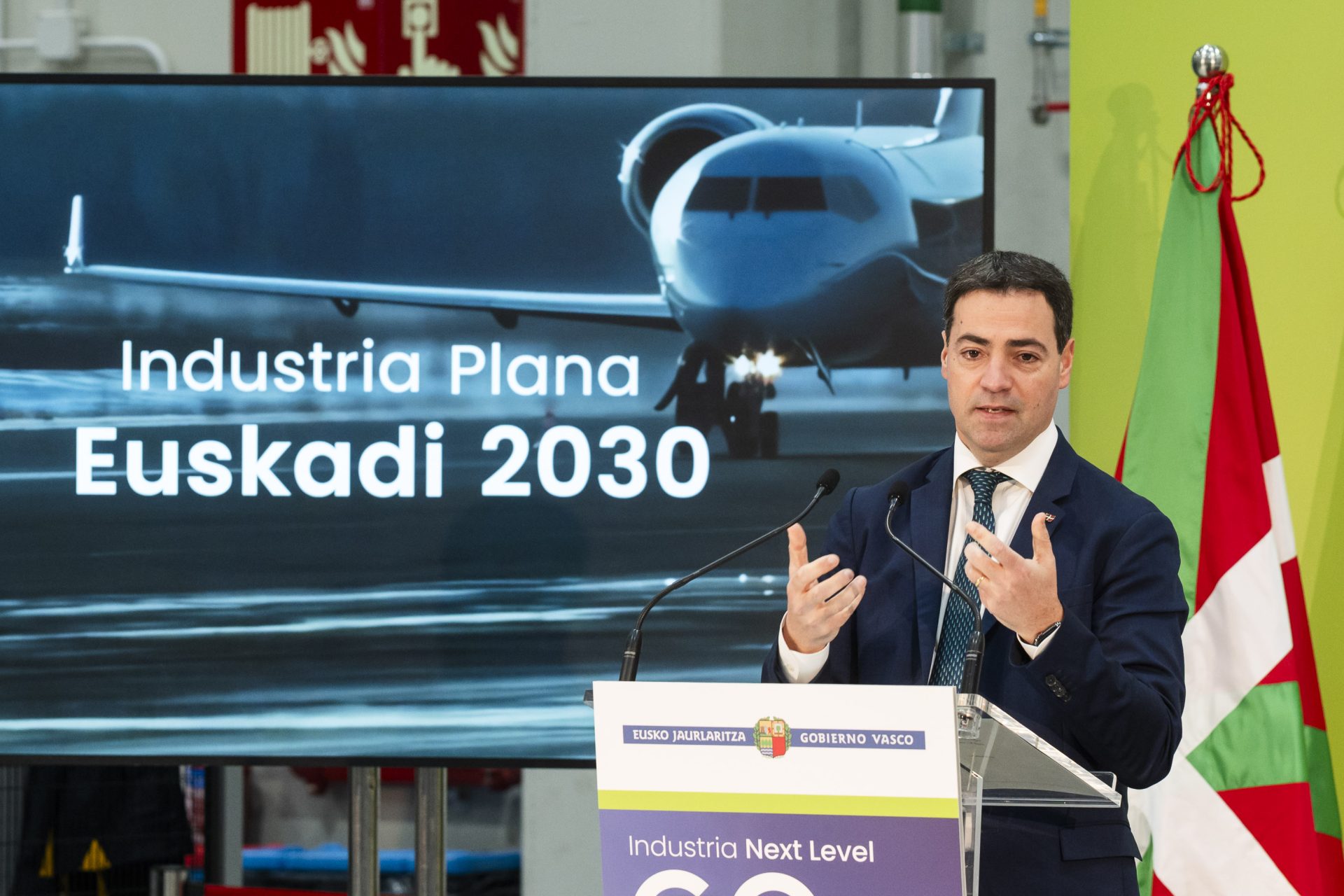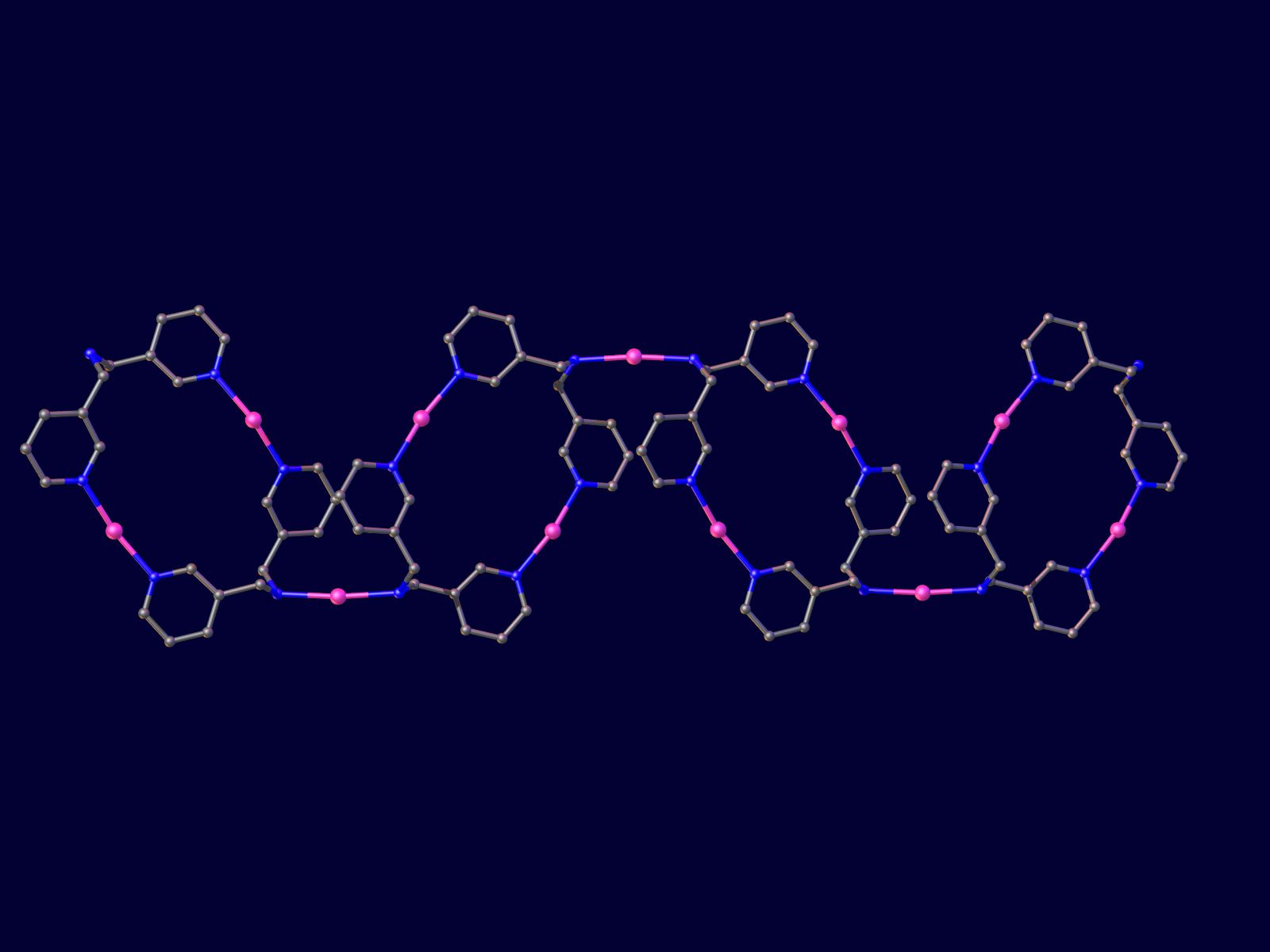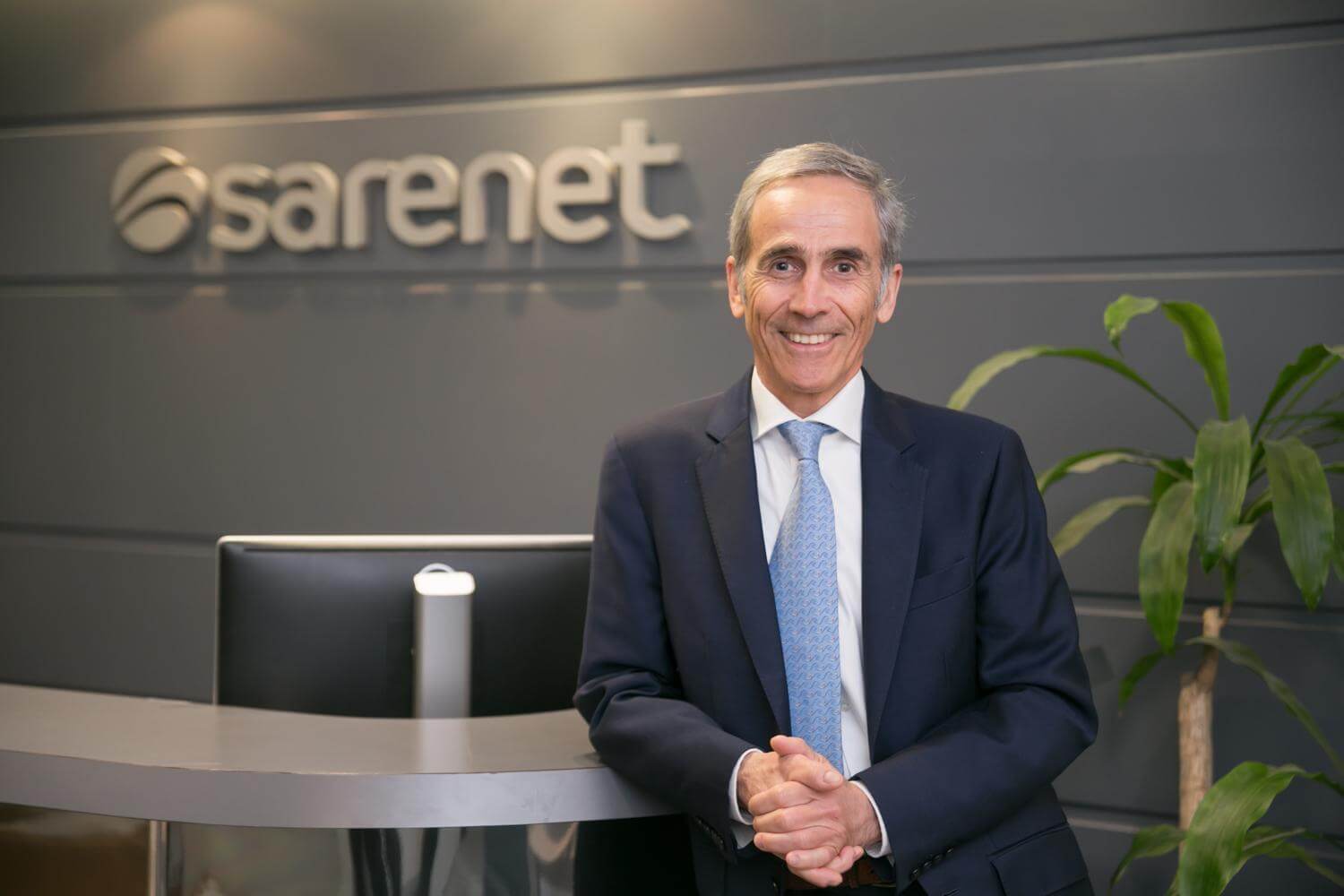The BCBL laboratory makes progress in the study of dyslexia and metacognition
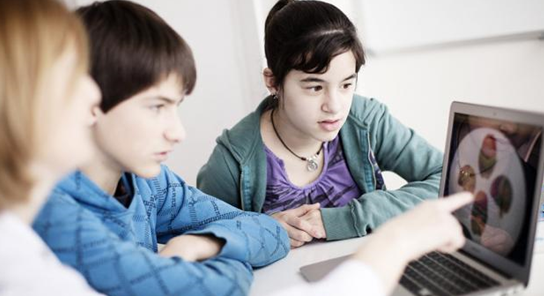
BCBL researchers, David Soto and Marie Lallier, presented the advances and their impact on learning processes and the early identification of language disorders.
The Carmelitas Sagrado Corazón School in Vitoria-Gasteiz and the Basque Center on Cognition, Brain and Language (BCBL) presented yesterday afternoon in Vitoria the results of the research work carried out in the 2023-2024 academic year in the laboratory that the Donostia-based research centre has had installed in the school since 2011.
The scientific facilities have state-of-the-art technical equipment with the aim of measuring, among other things, the electrical activity of the brain and the response time to certain visual and auditory stimuli in students at the school.
The data obtained from the tests contribute to the development of better diagnostic strategies for language and reading disorders such as dyslexia, as well as to improved learning.
The role of metacognition in learning
David Soto, leader of BCBL’s “Conscientiousness” research group, was one of those in charge of presenting the results obtained through a talk focused on the role of metacognition in learning.
Metacognition is the ability to reflect on our own cognition and behaviour and helps us, for example, to recognise that we have made a mistake, to realise that we have forgotten something important or to appreciate the confidence we have in our own knowledge.
To expand knowledge about the role of metacognition at an early age and how this ability can guide learning, the BCBL researchers use computer-based tasks in the JuniorLab in which children have to identify visual stimuli and judge whether they perform the test correctly.
“We assess whether each child’s metacognitive ability predicts his or her learning one year later, in reading and emotion recognition tasks. Our ultimate goal is to see if we can train this metacognition and foster better learning,” Soto explained.
Identifying dyslexia earlier
Marie Lallier, leader of BCBL’s “Neuroeducation and Developmental Disorders” research group, focused on scientific work to identify reading difficulties such as dyslexia at an earlier stage.
Dyslexia is often thought of as a severe and persistent word recognition deficit. However, decades of research have shown that people with dyslexia do not have problems with seeing letters, but rather with how they hear the sounds of language.
“In the JuniorLab we use new ways of identifying dyslexia with young learners, for example by looking at how they produce vowels as well as how they hear the sounds. We then cross-check the results with reading skills to see if there is a link between reading and language production. So far, we see that children with poorer reading skills are also more variable and less clear in the production of vowels and stop sounds,” Lallier said.
The presentation of the JuniorLab results was also attended by Nieves Maya, principal of the Vitoria school, who expressed the importance of continuing to strengthen the links between science and education to help answer key questions related to linguistic development and student practice.
About the JuniorLab
The relationship between the BCBL and the Carmelitas Sagrado Corazón school in Vitoria was consolidated in 2011 with the creation of the JuniorLab, a laboratory for the scientific study of neurocognitive processes related to language.
It is a pioneering experience at European level that aims to promote the advancement of neuroscience applied to education. The JuniorLab has become a reference centre for the study of cognitive mechanisms in children and for this purpose, it is equipped with different rooms equipped with state-of-the-art techniques that allow neuroscientific studies to be carried out.
About BCBL
The Basque Center on Cognition, Brain and Language is an international interdisciplinary research centre based in San Sebastian for the study of cognition, brain and language. It is promoted by the Basque Government with the aim of promoting science and research in the Basque Country. Its partners include Ikerbasque, Innobasque, the Provincial Council of Gipuzkoa and the University of the Basque Country/Euskal Herriko Unibertsitatea (UPV/EHU).
